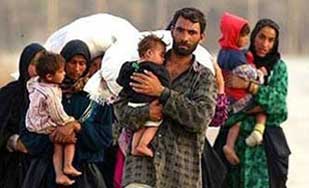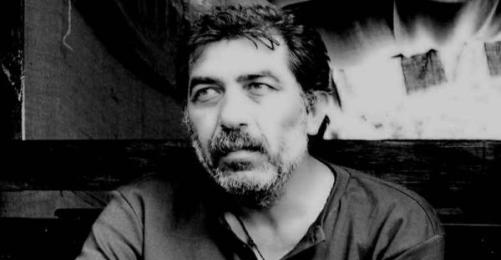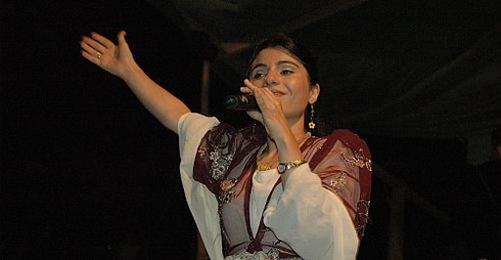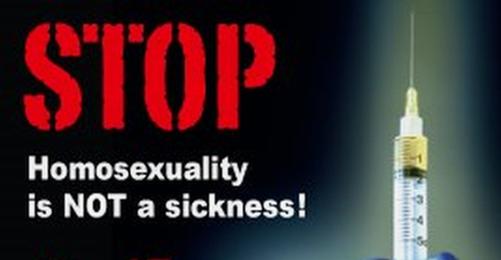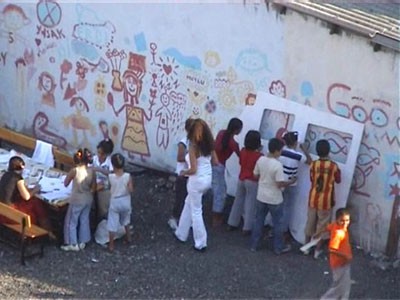
“Forced migration has created impoverishment and marginalisation in urban areas. People who migrated in masses suddenly found themselves in urban poverty." says Şahhanım Kanat, president of the Basak Culture and Art Foundation
"Apart from the traumas they have experienced, they also face difficulties adapting to urban life; there are whole districts that have virtually been created through migration waves.”
The Basak Culture and Art Foundation was founded in 2003 to support children and young people who have migrated to Istanbul with their families. It is located in Kayışdağı, an area of Istanbul where many migrants have settled.
"Traumatic migration"
President of the foundation, speaks of the “rupture migration” that the many Kurds experience who involuntarily came to the city from their villages, and she also calls it “traumatic migration”.
Kanat blames the fact that this migration has been ignored and not dealt with for the unplanned build-up of the city, which results in neighbourhoods that lack infrastructure, schools and health centres.
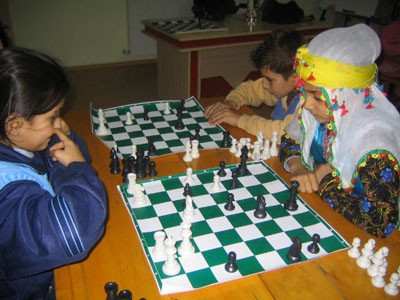 “These neighbourhoods give a first impression of ghettos, and they have created prejudices among urbanites.”
“These neighbourhoods give a first impression of ghettos, and they have created prejudices among urbanites.”
Kanat points out that it is especially women and children who suffer from forced migration, and she has called on local authorities to develop higher standards of living by dealing with the rights violations and problems that migration victims experience.
"Charity approach" is short-sighted
She criticises the short-term charity approach which, apart from being patronising, does not aid the development of long-term solutions for migration victims. Rather, she argues, preventative approaches are needed in order to empower people.
“After initial economic support to meet the must urgent needs of people, there need to be programmes that allow them to gain occupational skills in order to provide for themselves.”
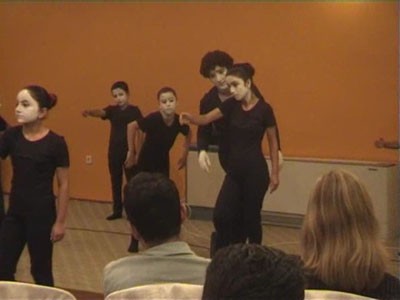 Because, so Kanat, local authorities are ignoring migration, cities are becoming poorer and the quality of life is decreasing. Her foundation suggests the following:
Because, so Kanat, local authorities are ignoring migration, cities are becoming poorer and the quality of life is decreasing. Her foundation suggests the following:
- Victims of forced migration should be offered housing and work or help in finding them.
- Secure job opportunities need to be created in areas with high migration populations in order to improve the economic standards of families.
- In order to overcome language problems (as many migrants are Kurdish), bilingual pre-school education should be offered.
- Projects should be developed in order to bring together families already living in areas and people forced to migrate there.
Finally, Kanat pointed out that forced migration cannot only be considered from economic, psychological and social perspectives; there is also a political dimension of this issue, and political steps need to be taken. (BÇ/AG)





